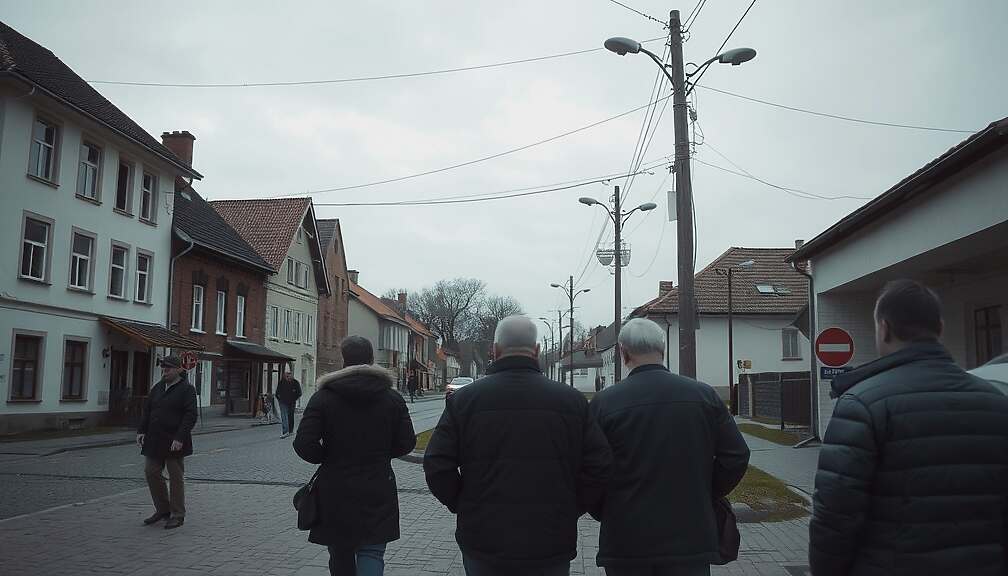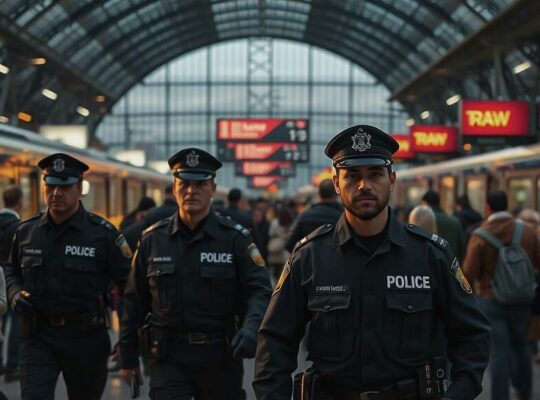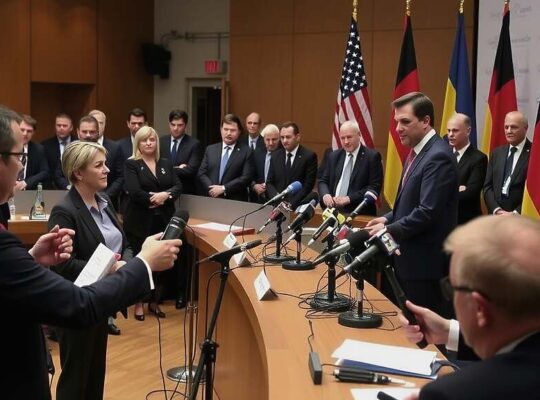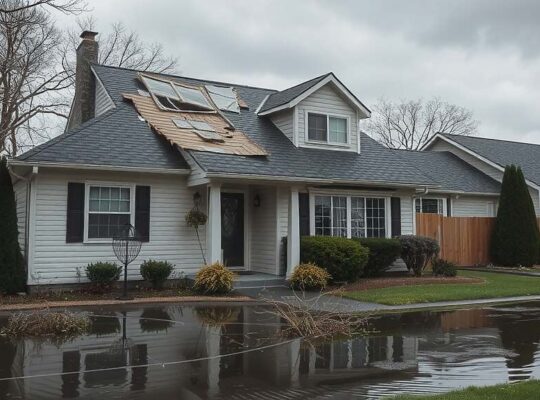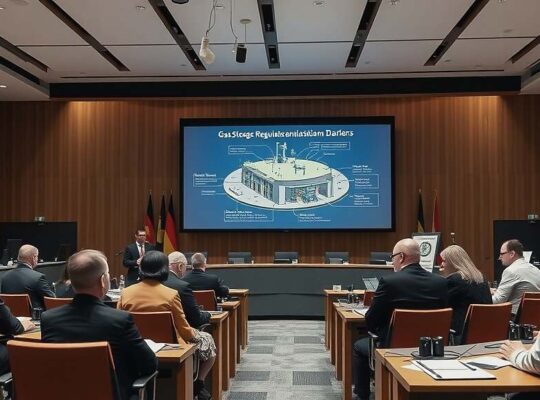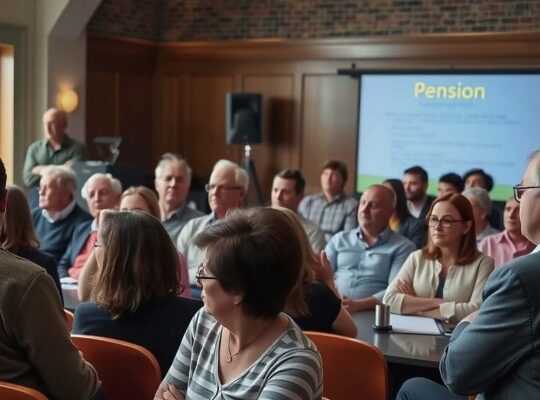The latest “German-Polish Barometer” reveals a widening chasm in perspectives and sentiments between the two nations, highlighting a complex and evolving dynamic after decades of post-war reconciliation. While German respect for Poland has reached a record high, Polish sympathy towards Germany has demonstrably declined, according to the long-running study commissioned by the German-Polish Institute (DPI), the Institute for Public Affairs (ISP), the Konrad Adenauer Foundation (KAS) and the Foundation for Polish-German Cooperation (SdpZ).
The survey, conducted annually for 25 years, indicates that only a third of Polish respondents now express positive feelings towards Germans, a significant shift accompanied by a notable rise in animosity – now at a level unseen in years. Acceptance of Germans in various social roles – as employers, in-laws, neighbors, colleagues, or friends – remains surprisingly low, underscoring persistent reservations. Conversely, German perceptions of their Polish counterparts have witnessed an increase in positive acceptance, with 42% holding favorable views.
Agnieszka Lada-Konefal, Deputy Director of the DPI, emphasizes the fluidity of these perceptions, stating that “25 years of research demonstrates that the image of the neighbor is not set in stone”. She attributes these shifts to ongoing political and social developments. Importantly, the study consistently finds that personal interaction-specifically visits to the neighboring country – correlates with significantly more positive attitudes.
Historical grievances continue to cast a long shadow across the relationship. A majority (58%) of Polish respondents believe Germany should undertake further measures to atone for its crimes during World War II, a sentiment shared by only a quarter of Germans surveyed. Demands for reparations, though a fringe position in both nations, are voiced by 25% of Poles and a mere 2% of Germans, reflecting a critical divergence in historical understanding and expectations.
“The debate around reparations has a profound influence on Polish sentiment” Lada-Konefal observes, highlighting the disconnect between a widespread Polish belief that the matter remains unresolved and the prevailing German conviction that it is a closed chapter – a key point of contention hindering deeper dialogue.
Furthermore, while initial enthusiasm for supporting Ukraine and imposing sanctions against Russia was consistent in both countries, a gradual decline in support is now evident since 2022, with Poland experiencing a more pronounced shift. Support for hosting Ukrainian refugees has fallen to 45% in Poland, while 72% continue to favor sanctions against Russia – a figure slightly higher than the 62% observed in Germany.
Jacek Kucharczyk, head of the ISP in Warsaw, attributes this trend to “a fatigue and a decline in solidarity” following the initial outpouring of support. “Solidarity subsides with the duration of the war”. He notes that this waning support is more prevalent among supporters of right-wing extremist parties, while those aligned with moderate right, centrist and left-leaning political factions continue to hold strong convictions. This disparity underscores the increasingly politicized nature of international relations and the complex interplay of historical memory, economic pressures and political ideologies shaping the German-Polish dynamic.


